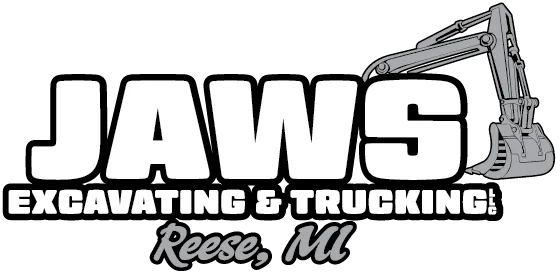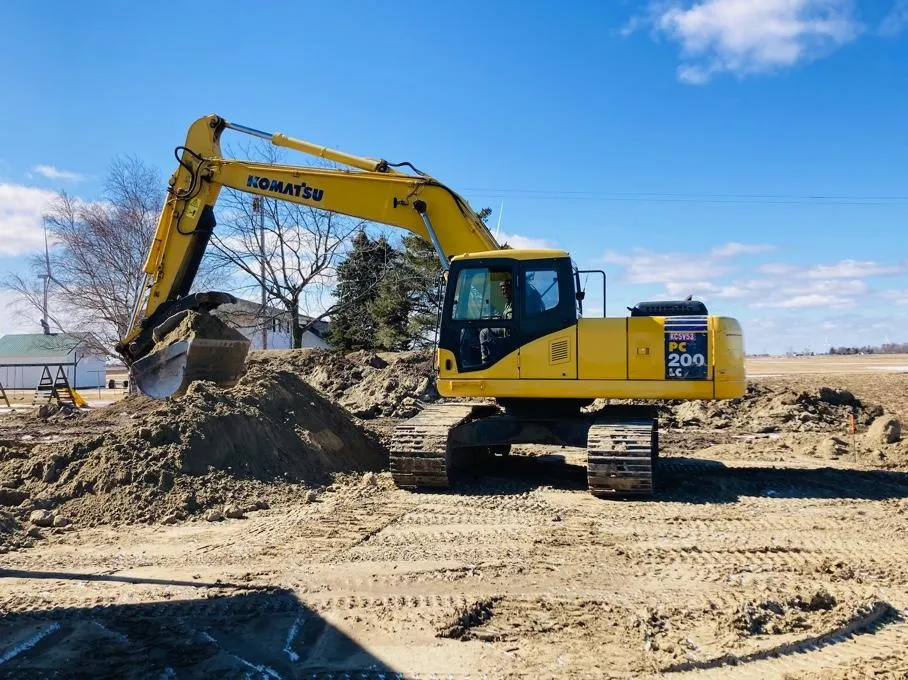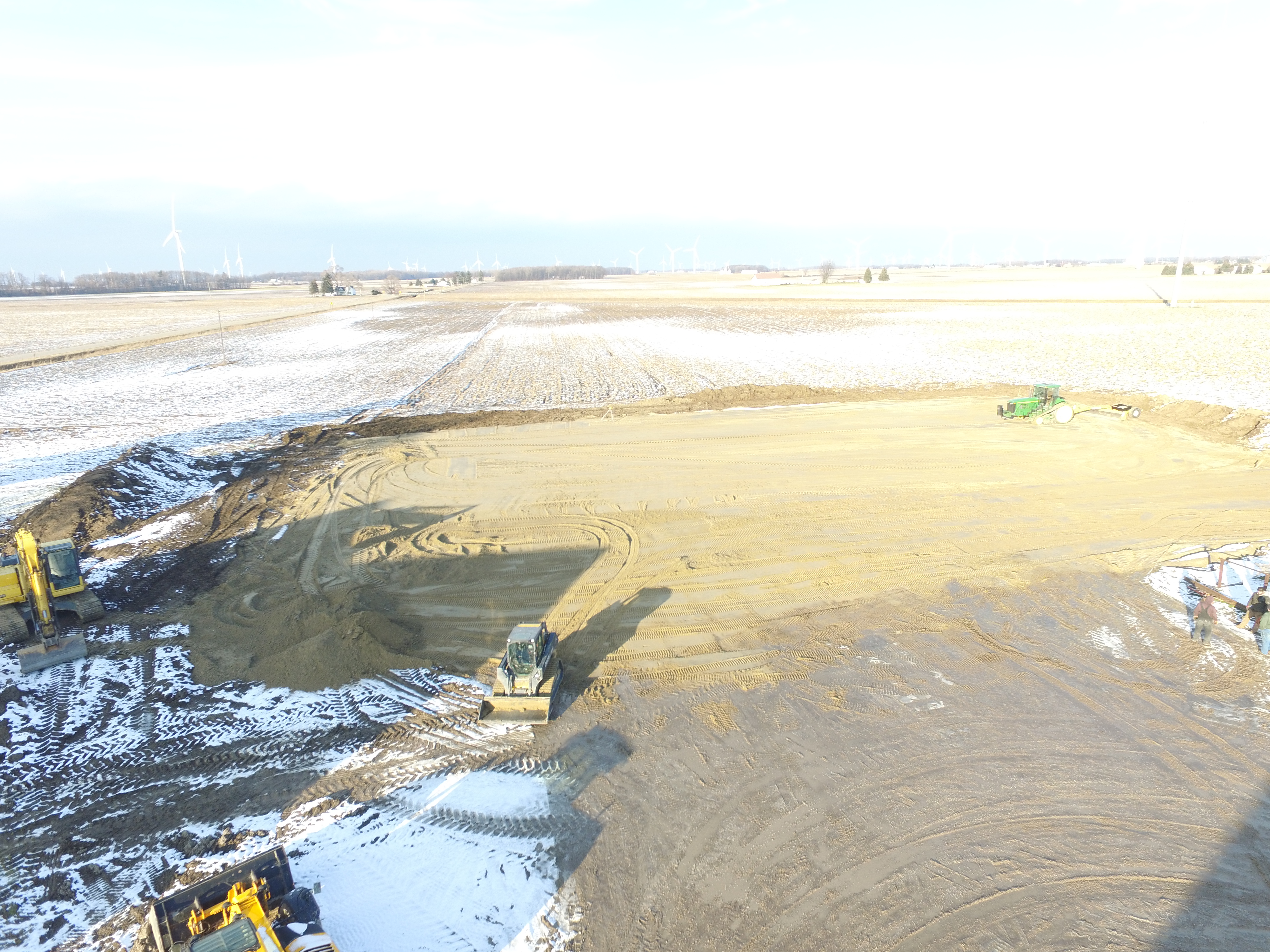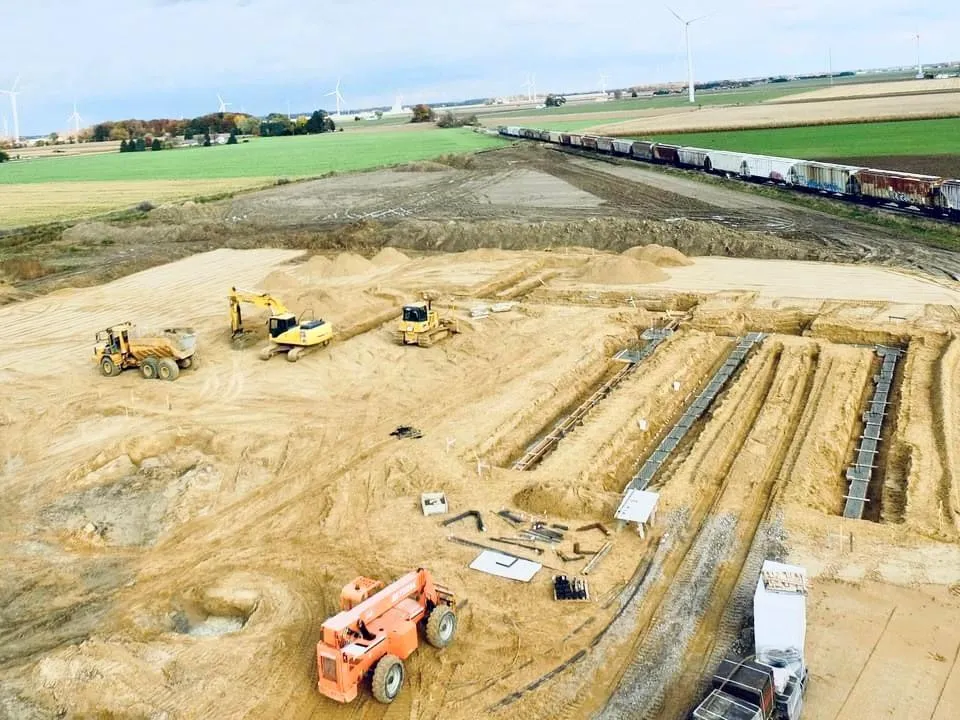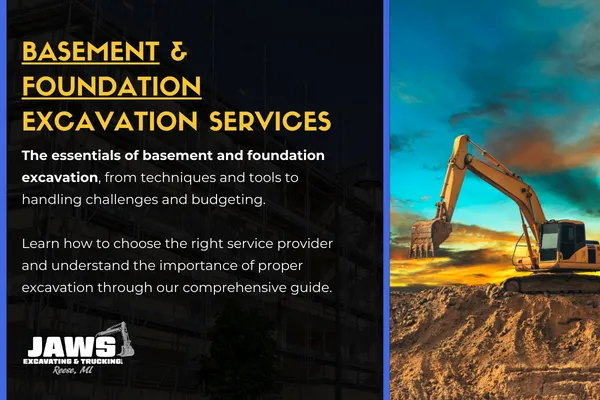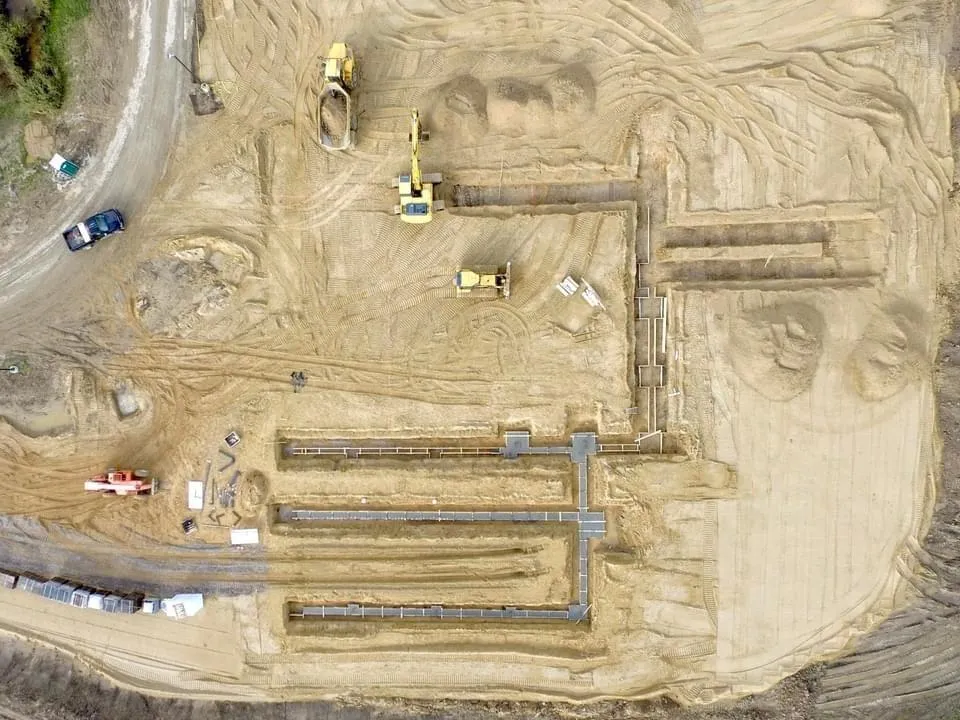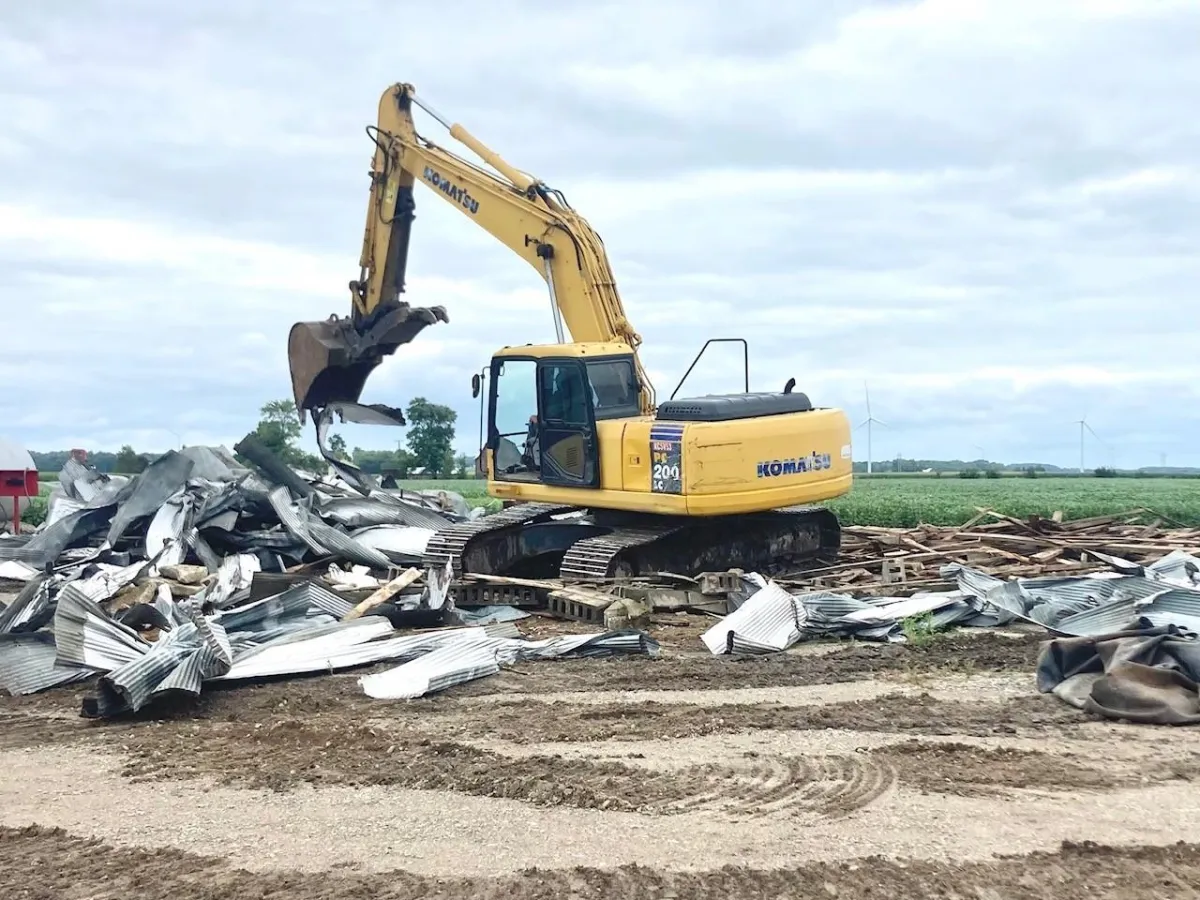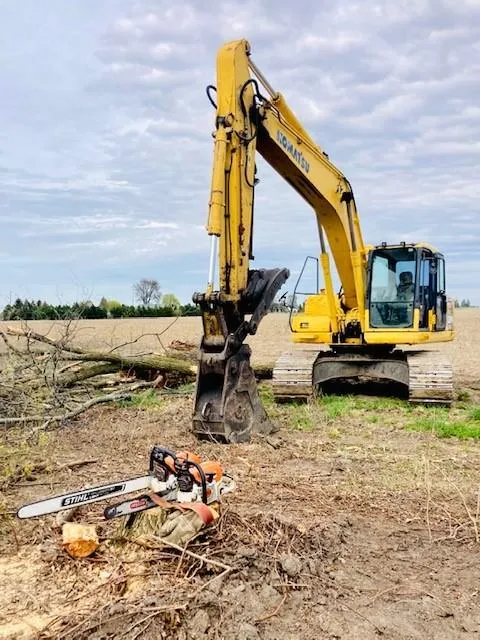
What to Expect When Applying for an Excavation Laborer Job
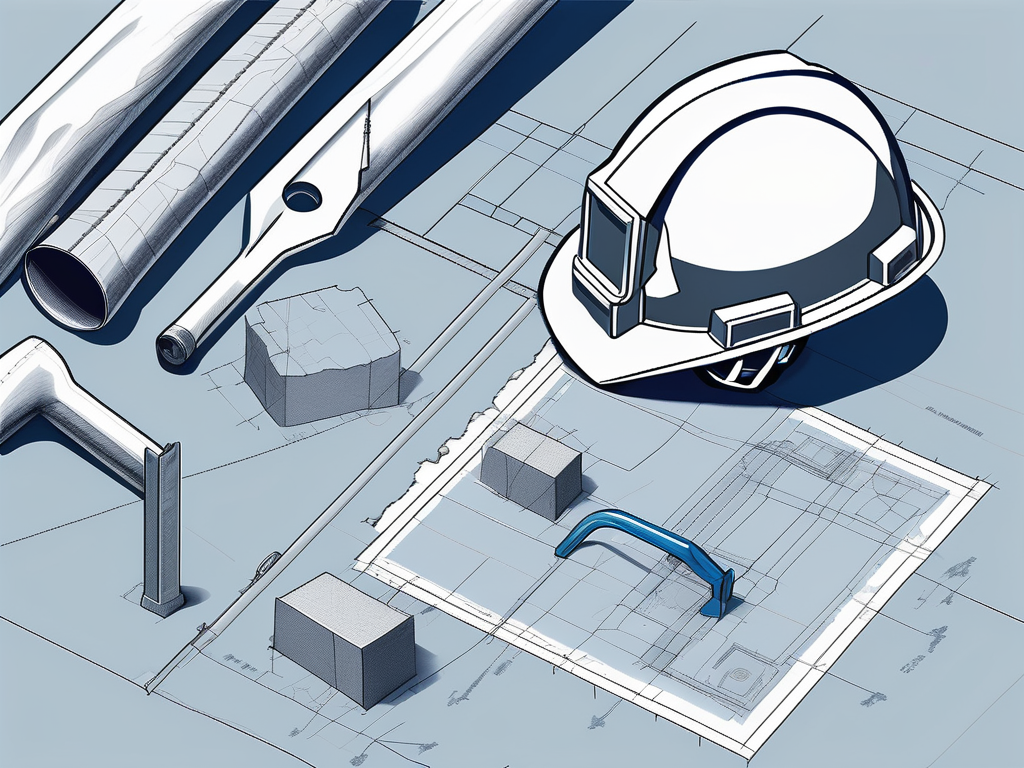
What to Expect When Applying for an Excavation Laborer Job
If you are considering a career as an excavation laborer, it is important to have a clear understanding of the role, the application process, the physical and mental demands of the job, safety protocols and training, as well as career progression and opportunities. This article will provide you with valuable insights into what to expect when applying for an excavation laborer job.
Understanding the Role of an Excavation Laborer
Excavation laborers are an integral part of the construction industry. They work on various projects, including residential, commercial, and infrastructure developments. Their primary responsibility is to assist in the excavation and preparation of sites for construction.
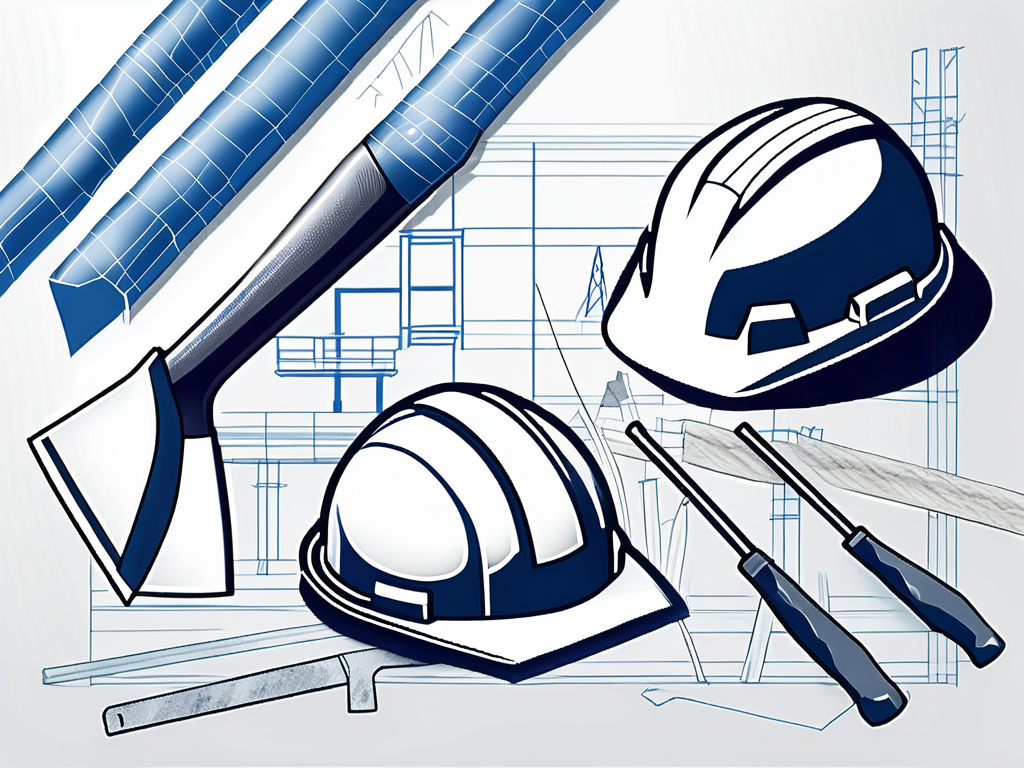
Excavation laborers play a crucial role in the initial phases of a construction project, setting the foundation for the entire build. Their work involves not only physical labor but also a keen understanding of the site's layout and requirements. By operating heavy equipment and performing manual tasks, they contribute to the shaping of the land to meet the specifications of architects and engineers.
Key Responsibilities of an Excavation Laborer
An excavation laborer's tasks may include:
Operating heavy equipment, such as excavators, bulldozers, and backhoes.
Performing manual labor, such as digging trenches and holes.
Assisting with the installation of underground utilities.
Ensuring the proper grading and leveling of the site.
Adhering to safety protocols and guidelines.
Moreover, excavation laborers are often the first ones on the site and the last ones to leave, working tirelessly to prepare the ground for the construction crew. Their attention to detail and ability to follow instructions are critical in ensuring that the site is ready for the next phase of the project. By working in tandem with other construction professionals, they help lay the groundwork for safe and efficient building practices.
Skills and Qualifications Required
To excel as an excavation laborer, certain skills and qualifications are essential:
Physical strength and stamina to handle the demands of the job.
Ability to operate and maintain construction equipment.
Basic knowledge of construction techniques and materials.
Strong teamwork and communication skills.
Valid driver's license and reliable transportation.
Additionally, excavation laborers must be adaptable and quick-thinking, as they often encounter unexpected challenges on the job. Their role requires a combination of physical prowess, technical know-how, and a commitment to safety. By meeting these qualifications, excavation laborers contribute to the successful execution of construction projects, ensuring that the groundwork is laid for buildings that stand the test of time.
The Application Process for an Excavation Laborer Job
When applying for an excavation laborer job, it is crucial to present yourself as a qualified and reliable candidate. The application process typically involves submitting a resume and cover letter, followed by an interview.
Excavation laborer jobs are essential in the construction industry, requiring individuals who are physically fit, detail-oriented, and safety-conscious. As an excavation laborer, you will be responsible for assisting with digging, trenching, and backfilling operations, as well as operating and maintaining various tools and equipment.
Preparing Your Resume and Cover Letter
Your resume should highlight your relevant work experience, skills, and certifications. Include any previous construction or excavation-related jobs, as well as any specialized training you have undergone. Tailor your cover letter to the specific job you are applying for, emphasizing your enthusiasm and commitment to the role.
Employers often look for candidates who have experience operating heavy machinery such as excavators, bulldozers, and dump trucks. Certifications in CPR, first aid, and OSHA safety training can also enhance your qualifications for an excavation laborer position.
The Interview Process
The interview is an opportunity for employers to assess your suitability for the excavation laborer position. Be prepared to answer questions about your experience, knowledge of excavation equipment, and commitment to safety protocols. Display a positive attitude and demonstrate your ability to work well in a team.
During the interview, you may be asked about your familiarity with reading blueprints, understanding grade stakes, and following project specifications. It is important to showcase your problem-solving skills and ability to adapt to changing work environments, as excavation projects often require quick thinking and efficient decision-making.
Physical and Mental Demands of the Job
Working as an excavation laborer can be physically and mentally demanding. It is important to be aware of the challenges before pursuing this career path.
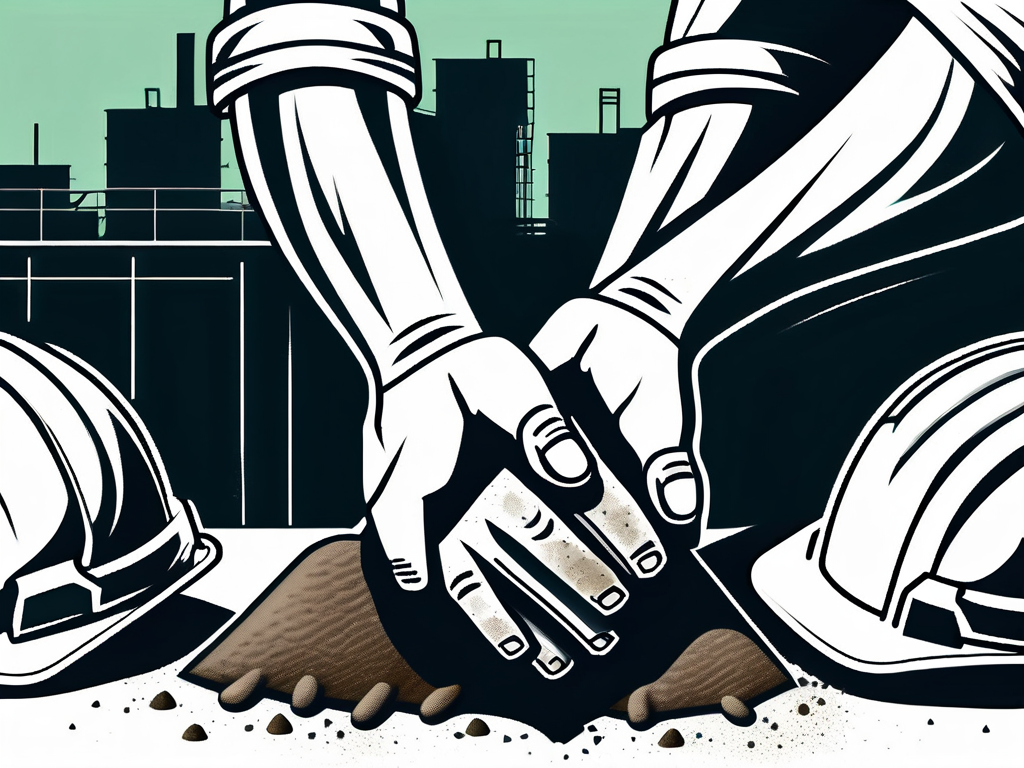
Excavation laborers play a vital role in construction projects, where they are responsible for digging, trenching, and backfilling to prepare sites for building. In addition to the physical demands, these workers must also possess a keen eye for detail to ensure precise excavation according to blueprints and project specifications.
Physical Fitness Requirements
Excavation laborers frequently engage in physically strenuous activities, such as lifting heavy objects and operating heavy machinery. Regular exercise and maintaining a healthy lifestyle can help you meet the physical demands of the job.
Moreover, working in various weather conditions, from scorching heat to freezing cold, adds another layer of physical challenge to the job. Excavation laborers must be prepared to endure these elements while maintaining their productivity and focus on the task at hand.
Mental Stamina and Resilience
Excavation laborers often work in challenging environmental conditions and face tight deadlines. The ability to maintain focus, stay calm under pressure, and adapt to changing circumstances is crucial for success in this role.
Furthermore, the nature of the job requires constant problem-solving skills and the ability to make quick decisions to ensure the safety of oneself and others on the worksite. Mental resilience is key when unexpected obstacles arise, requiring workers to think on their feet and find efficient solutions to keep the project on track.
Safety Protocols and Training
Safety is of paramount importance in the excavation industry. Employers prioritize the well-being of their workers and require adherence to strict safety protocols.
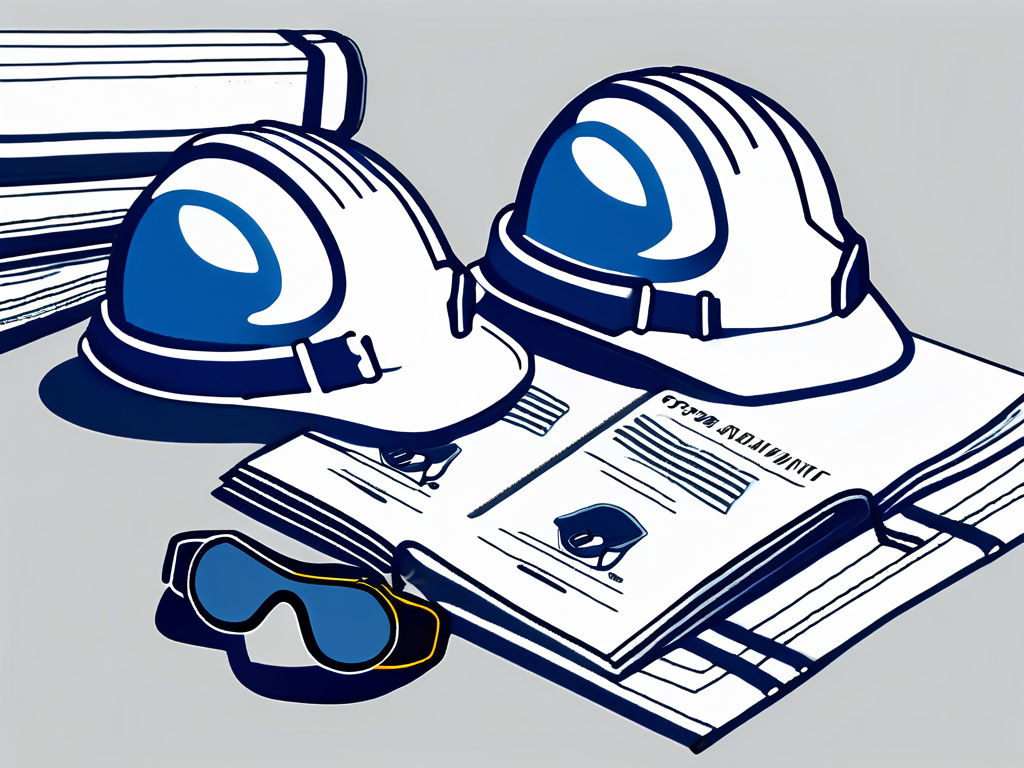
Excavation sites are dynamic environments that present a variety of risks to workers. From the potential for cave-ins due to unstable soil conditions to the presence of underground utilities that can pose electrocution hazards, being aware of these dangers is crucial. Safety protocols are put in place not only to meet regulatory requirements but also to create a culture of vigilance and responsibility among all team members.
Importance of Safety in Excavation
The nature of excavation work includes potential hazards, such as cave-ins, underground utilities, and the operation of heavy machinery. It is essential to follow safety guidelines to mitigate these risks and ensure the well-being of yourself and your colleagues.
Furthermore, safety in excavation goes beyond just physical well-being. It also encompasses mental health considerations, as working in high-stress environments with looming deadlines can take a toll on workers. Employers are encouraged to provide resources for mental health support and stress management to ensure that their employees are not only physically safe but also mentally resilient.
Training and Certifications for Safety
Before starting work as an excavation laborer, you may be required to undergo specific safety training and obtain relevant certifications. These may include courses on excavation safety, first aid, CPR, and the operation of construction equipment.
Continuous learning is a cornerstone of safety in the excavation industry. Regular refreshers on safety protocols and emerging best practices are essential to keep workers informed and prepared for any situation that may arise on the job. Additionally, staying up-to-date with the latest advancements in safety equipment and technology is crucial for maintaining a safe work environment.
Career Progression and Opportunities
With experience and continuous skill development, there are various opportunities for growth within the excavation industry.
Growth Prospects in the Excavation Industry
As construction projects continue to expand, skilled excavation laborers are in high demand. With the right experience and qualifications, you can progress to become a supervisor, equipment operator, or even start your own excavation business.
Continuing Education and Skill Development
To stay competitive in the excavation industry, it is important to continuously enhance your skills and knowledge. Attend industry workshops, pursue additional certifications, and stay informed about technological advancements in excavation equipment.
By understanding the role of an excavation laborer, the application process, the physical and mental demands of the job, safety protocols and training, as well as career progression and opportunities, you can better prepare yourself for a successful career in the excavation industry.
Ready to lay the groundwork for a rewarding career with a company that values safety, quality, and guaranteed satisfaction?
JAWS Excavating & Trucking, LLC is looking for dedicated individuals like you to join our family-owned operation in the Mid-Michigan area.
With our commitment to exceptional communication and unmatched integrity, we exceed expectations on every project. If you're prepared to work with a team that ensures a masterpiece every time, call for friendly service & a customized quote and take the first step towards a successful future with us.
